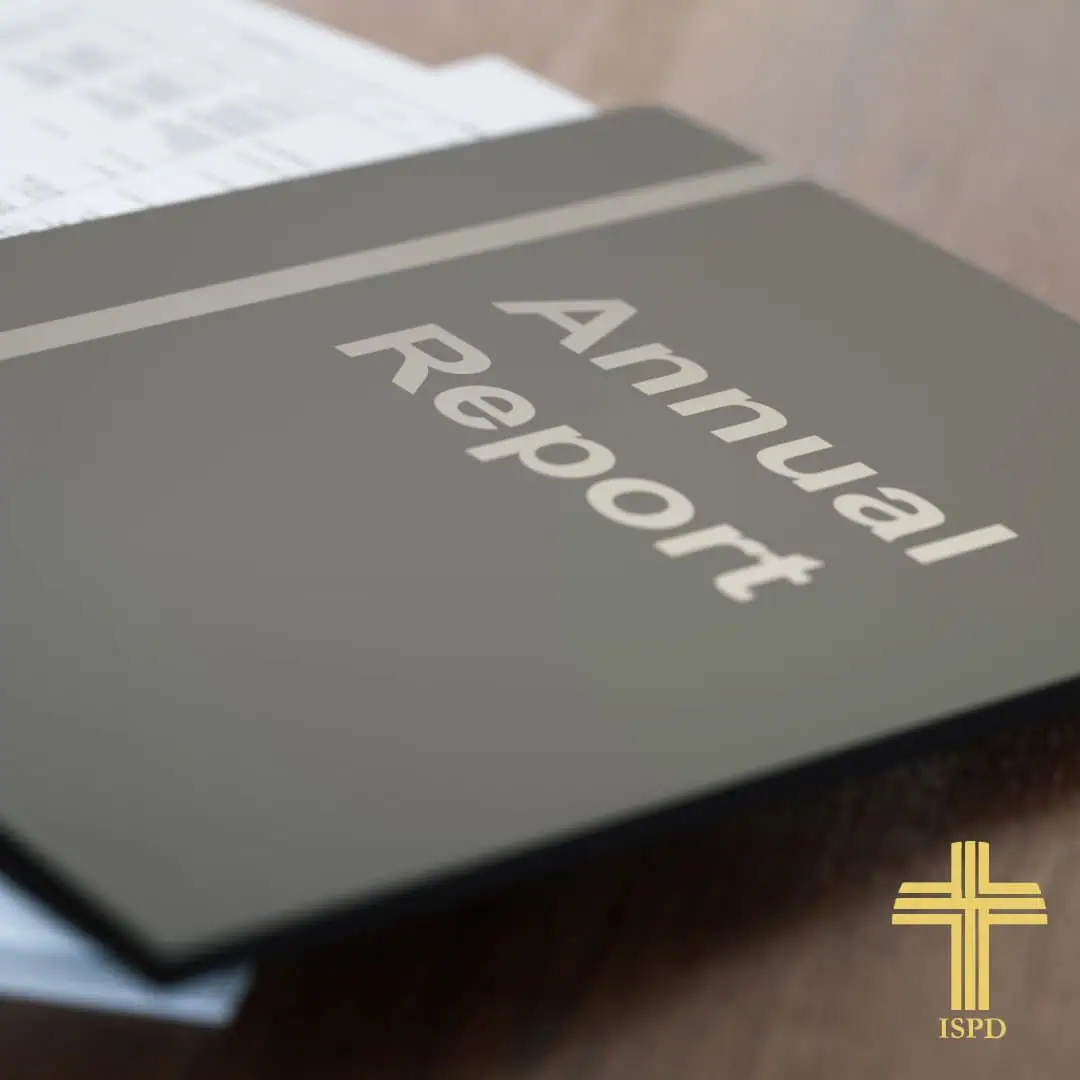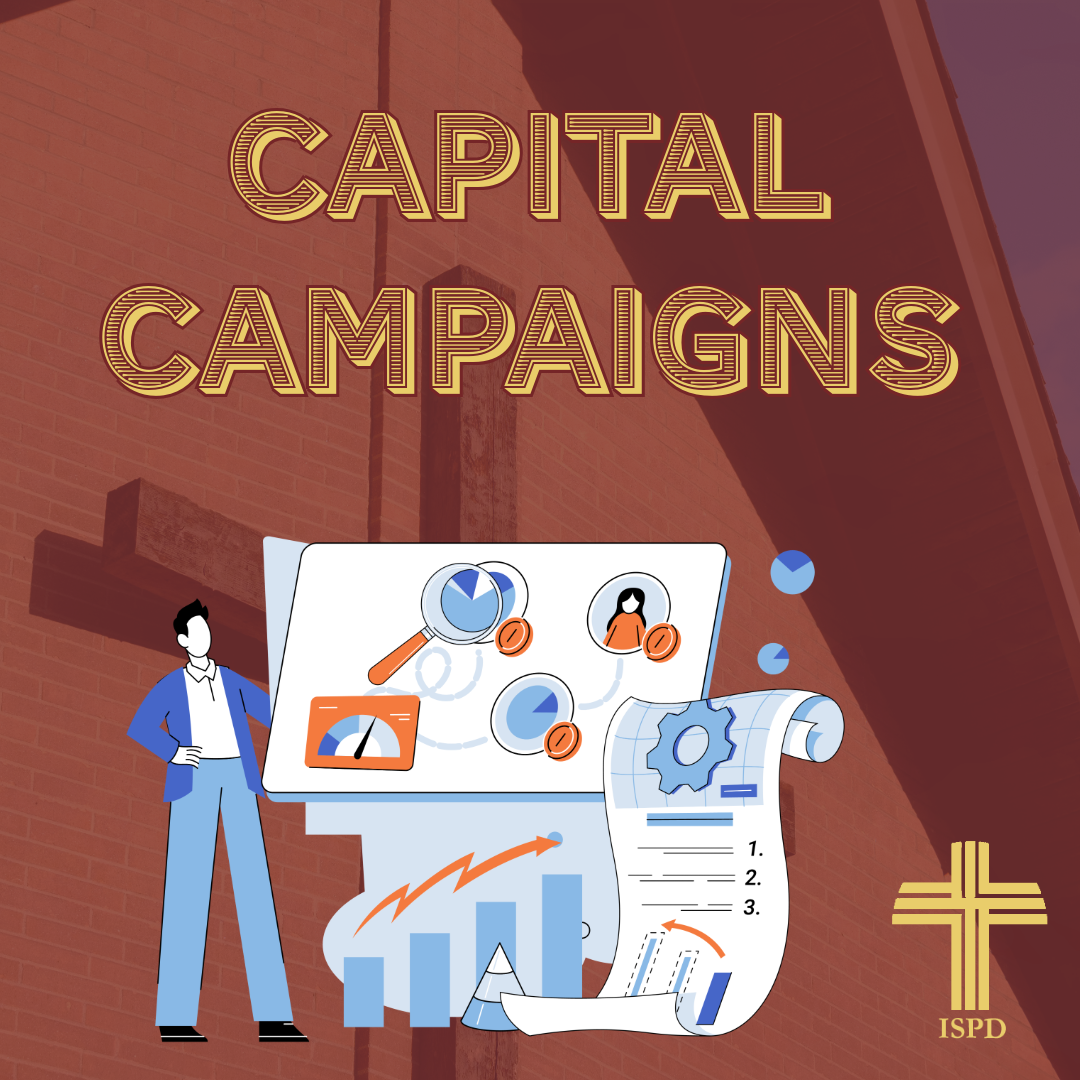- “How are we going to retain the students and families that may leave us because of tuition and fees, free public-school options, job loss, or home schooling?”
- “How will we get our parish families to come back to church if they have gotten used to viewing the live-stream of our masses at home?”
- “How are we going to connect to our donors when many do not wish to meet one-on-one?”
- “How can we get our faculty/staff to better relate to each other when everyone is so uptight?”
- “When will we be able to let go of the fear and relax and enjoy?”
In these times, the above statements (and more) are important ones to answer.
Furthermore, there are foundational principles that ISPD has taught in our on-line courses with the University of Dayton, in our on-site consulting, in our writings, and in our on-line communications – for over 31 years. They are:
- Belonging leads to believing.
- The greatest challenge that Catholic schools and parishes face today is to create the avenues, roadways, and vehicles to invite, involve and engage people.
- A Catholic school and/or parish will only generate as many resources as it deserves to generate, and what it deserves to generate will always be in direct relationship to the quality of its vision, its leadership, its plan of action, and its culture of belonging.
- Development/Advancement/Stewardship is the meaningful involvement of people in your mission and vision for the future.
And, the top tier (out of the seven we present) in our Pyramid of Development Success – a visual we have been using for the past three years – is Culture of Belonging.
We also believe this Culture of Belonging has 10 active signs that can be immediately recognized:
- Win-win relationships
- Welcoming/engaging position
- Collaborative vision
- Open door policies
- Transparency/truthfulness
- Consistently seeking input
- Personal relationship building
- Quality looking and inviting campus
- Three C’s present: communication, collaboration, creativity
- Continuous quality improvement
When introduced to FISH! at the turn of the century, it is no wonder why we embraced the philosophy. Here is what we wrote back in 2004:
“Imagine a Catholic parish and/or school where everyone chooses to bring energy, passion and a positive attitude with them each day. Imagine an environment in which people are truly connected to their work, to their colleagues and to their ‘customers’. Impossible? Not at all. FISH! is a process and a way of thinking that helps you lead people toward creating that environment.
“Several weeks ago, I had the wonderful opportunity to present ISPD’s first full day workshop on “Customer Service in Your Catholic School” to over 60 Catholic leaders in the South Bend, Indiana area – some attendees even coming in from Chicago. We had a great time, sharing stories and talking about what it means to be a ‘customer’ in a Catholic environment. We also talked about the steps to take to create a ‘customer service’ environment.
“One of the components of the workshop was to present the FISH! Philosophy. This emerged in 1998 from the film, FISH! Catch the Energy, Release the Potential, produced by John Christensen from Chart House Learning. The film is about Seattle’s world-famous Pike Place Fish Market and how they developed strong relationships with their customers. I was surprised to see the number of people at the workshop who were familiar with the philosophy. On the evaluation sheets there were several people who asked how to apply this FISH! Philosophy to a Catholic parish or school. In other words, how can we make it come alive?
“The basic four tenets of this philosophy are:
- Be There!
- Choose Your attitude!
- Make Their Day!
- Have Fun!
“A number of months ago, I was working with a client and a parish staff trying to get ready for a capital campaign. This was the first meeting of the Operational Chairs – five couples who had agreed to give up their time away from their families and work for over 12 months making sure this campaign would be successful. As we worked our way through the agenda, the meeting became more and more tense, with the pastor and another parish council leader barking out orders and asking when this was going to be done by and who would be responsible for this and on and on. At one point, I paused and looked around the table at the chair couples and realized we had lost them. The look on their faces said it all: ‘If I am going to be part of something that was total drudgery, then I am going to have to think twice about serving in the future’.
“After the meeting, I sat down with the pastor and basically said, ‘Father, if future meetings are going to carry the same pace and tone that the one tonight did, then I predict that we will lose all of our operational chairs within the next two months’. As he responded, I could tell he was stunned.
“Father, these ten people are volunteers. They have raised their hand and said YES to you because they believe in the mission and vision, and they believe in you. However, they did not sign up to have orders barked at them and come to a meeting and never smile and have some laughter. They are taking time away from the families, and four of those couples have children at home that, undoubtedly, they had to get sitters for. They need to be able to leave these meetings energized, excited about what we are doing, and wanting to come back for more.”
“‘I hear what you are saying’, was all that the pastor said.
“Not knowing what to expect at the next meeting, I came prepared for anything to happen. What did take place was a joy. The entire tone of the meeting was light, yet effective; the pastor baked some homemade bread and brought it; he cracked a few jokes, and at the end, he looked at each and every one of us around the table and said, ‘I just want you all to know how very much I appreciate the sacrifices you are making. Your dedication to this vision really inspires me as the pastor’. Wow! Have fun!”
The FISH! Philosophy is one that is needed today more than ever. Catholic schools and parishes must do everything they can to continue to build their Culture of Belonging. We hear those words all the time but very seldom do we see plans of action to create, implement, and integrate that culture. Here at ISPD we will be talking more and more about FISH!. We believe this can be a wonderful way to break down barriers and build bridges – even as we continue to walk on them.[/vc_column_text][/vc_column][/vc_row]













